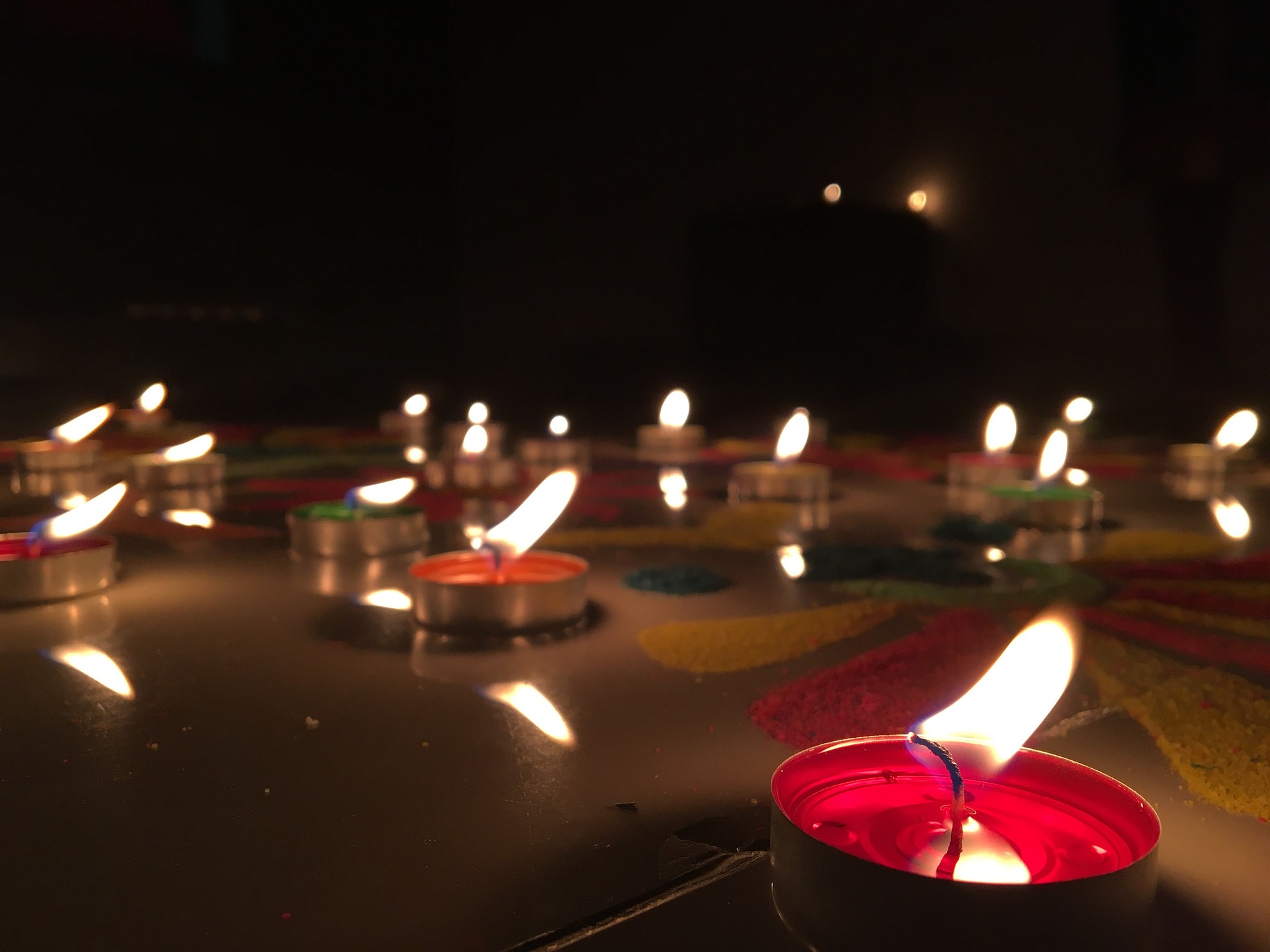Diwali, the festival of lights, is one of the most celebrated and eagerly awaited festivals in India. It holds profound significance in the hearts of millions, transcending regional, cultural, and religious boundaries. Known by various names across the country, including Deepavali, Deepawali, and Dipawali, this festival marks the triumph of light over darkness and good over evil. Let’s dive into the rich tapestry of Diwali’s significance and explore what makes it such a cherished and vibrant festival.
Historical and Religious Significance
At the heart of Diwali’s significance lies its historical and religious roots. The festival is primarily associated with two significant events in Indian mythology:
1. The Return of Lord Rama: One of the most famous narratives related to Diwali is the return of Lord Rama, the seventh avatar of Lord Vishnu, to the kingdom of Ayodhya after a 14-year exile. This period of exile, or “Vanavasa,” included the defeat of the demon king Ravana, who had abducted Lord Rama’s wife, Sita. Rama’s return to Ayodhya was celebrated with the lighting of oil lamps, or “diyas,” to symbolize the victory of good over evil and the end of the darkness of exile.
2. The Victory of Lord Krishna: In some regions of India, Diwali is associated with the story of Lord Krishna defeating the demon Narakasura. Lord Krishna’s victory is celebrated as a triumph of righteousness over tyranny, and the festival includes a ritual oil bath, known as “Abhyang Snan.”
A Festival of Lights
Diwali is often referred to as the “Festival of Lights” for a reason. The lighting of lamps, candles, and colorful lanterns plays a central role in the celebration. It symbolizes the dispelling of darkness and the ushering in of light, both literally and metaphorically.
The significance of light during Diwali extends beyond the illumination of physical spaces. It also signifies the inner awakening and the triumph of knowledge over ignorance. During Diwali, people clean and decorate their homes to create an atmosphere of purity and enlightenment. Families come together to pray, perform rituals, and exchange gifts, reinforcing the idea of unity and sharing the light of love and happiness.
Cultural and Regional Diversity

Diwali is celebrated with a wide range of traditions and rituals across India, reflecting the country’s diverse cultural tapestry. For instance, in the northern parts of India, Diwali is celebrated to commemorate Lord Rama’s return, and people often reenact scenes from the epic Ramayana.
In the eastern regions, Diwali is associated with the worship of Goddess Kali, and the festival takes on a more intense and ritualistic nature. In contrast, the southern states of India celebrate Diwali as the victory of Lord Krishna, and the festival may include a more subdued and spiritual focus.
While the narratives and customs vary, the central theme of light and the celebration of good over evil remain constant throughout the country.
Diwali is not confined to India alone. It has transcended borders and is celebrated by Indian communities and people of various backgrounds across the world. This global embrace of Diwali reflects its universal message of hope, positivity, and the triumph of good over evil.
In a diverse and multicultural world, Diwali serves as a beautiful reminder of the importance of unity and the celebration of our shared human values.
Diwali is a festival that radiates light, joy, and a profound sense of unity. Its significance goes beyond religious boundaries, connecting people in a celebration of love, hope, and the victory of good over evil. The festival of Diwali is a testament to the enduring power of light to dispel darkness and bring communities together, making it one of the most cherished and vibrant festivals in the world.

